GLOBAL RISKS IN A COVID-19 WORLD
Here we look at some of the top risks highlighted in the report and how we can address and prepare for them, for a more sustainable post-pandemic world.
By Clare Naden
Our biggest threats and how we can prepare for them.
Climate change, human environmental damage and increasing inequalities due to the COVID-19 pandemic are amongst the top threats our world will face in the next ten years, according to the latest World Economic Forum’s Global Risks Report. Effective global cooperation, information sharing and coordination, it states, are what is needed to get us through.
Here we look at some of the top risks highlighted in the report and how we can address and prepare for them, for a more sustainable post-pandemic world.
ENVIRONMENTAL RISKS
While global lockdowns resulted in a drop in carbon emissions, the party may soon be over. The report shows that there is much concern that once people start moving again, the emissions will rise with it.
An environmental management system such as that detailed in ISO 14001 helps organizations wade through the options by taking a strategic approach to their activities. Its use enables a greater understanding of environmental impact, helping to set defined targets and take concrete actions to achieve them.
Complementing this is the ISO 1406x series of standards which details how to calculate the carbon footprint of various products and processes, thus providing greater clarity on what methods are working and where the areas for improvement really lie.
Achieving carbon-zero targets on a global scale also requires significant investment, and sustainable finance is a vehicle to achieve that. The recently established technical committee ISO/TC 322, Sustainable finance, is preparing a framework under which new standards may be developed to define and guide certain sustainable finance activities.
They will complement other standards in development such as the future ISO 14030 series for green-debt instruments and ISO 14097 for assessing and reporting investments and financing activities related to climate change.
INFECTIOUS DISEASES
The COVID-19 pandemic highlighted the weaknesses in our health systems and the inequalities when it comes to accessing these. It is therefore no surprise that the risk of infectious diseases is high up on the report’s list.
ISO has many standards to ensure a globally agreed level of quality and security in the healthcare sector. They directly contribute to reducing risks such as those in the field of microbiology, medical equipment, cleanrooms, sterilization, air filters and more.
In response to the crisis, ISO experts from around the world are currently working on specific guidance to help organizations, such as health services, manage. This includes the future International Workshop Agreement IWA 38, Building guideline of emergency medical facility, which is based on guidance applied for hospitals in Beijing and Wuhan and more than ten other respiratory infectious disease hospitals during the height of the pandemic. The IWA will assist medical institutions to rapidly construct such facilities in a way that helps prevent and control the spread of infectious diseases based on latest scientific evidence and advice.
Also assisting in the global effort is the upcoming IWA 36, Guidelines for contactless delivery service, which is aimed at reducing the risk of occupational exposure to infectious diseases for couriers, while protecting their customers at the same time.
CYBERSECURITY FAILURE
Internet activity has risen dramatically in the last year as a result of the pandemic, taking with it the number of cyber-attacks and pushing it high up the report’s list of likely risks. In an effort to strengthen the cybersecurity industry, ISO recently joined forces with the International Electrotechnical Commission (IEC) to publish ISO/IEC TS 27110, Information technology, cybersecurity and privacy protection – Cybersecurity framework development guidelines.
Recognizing the existence of many different cybersecurity frameworks, this technical specification provides an internationally agreed minimum set of concepts and definitions to harmonize approaches. This then frees up valuable time for combating the real threats to cybersecurity rather than getting entangled up in the concepts and terminology.
These guidelines are complemented by ISO/IEC TS 27100, Information technology – Cybersecurity – Overview and concepts, which defines cybersecurity, establishes its context in terms of managing information security risks when information is in digital form, and describes relevant relationships including how cybersecurity is related to information security.
BUILDING COMMUNITY RESILIENCE
The COVID-19 pandemic brutally exposed our vulnerabilities in every area. So if one lesson has been learned, it is that we need to build our ability to withstand future crises.
The upcoming ISO 22393, Security and resilience – Community resilience – Guidelines for planning recovery and renewal, is intended to address both the immediate effects of COVID-19 and assist in longer-term planning. It will cover areas such as restarting basic services, ongoing support for the most vulnerable, the re-opening of schools, return to travel, the economic recovery of the retail and restaurant sectors, and more.
The new standard will look at the societal shortcomings that exacerbated the impact of the pandemic and provide solutions in areas such as infrastructure that helps to reduce carbon emissions, emergency housing, volunteering and more.
These standards are just some of the thousands that not only help us to manage and reduce future risks, but contribute directly to the United Nations Sustainable Development Goals.
Source: iso.org
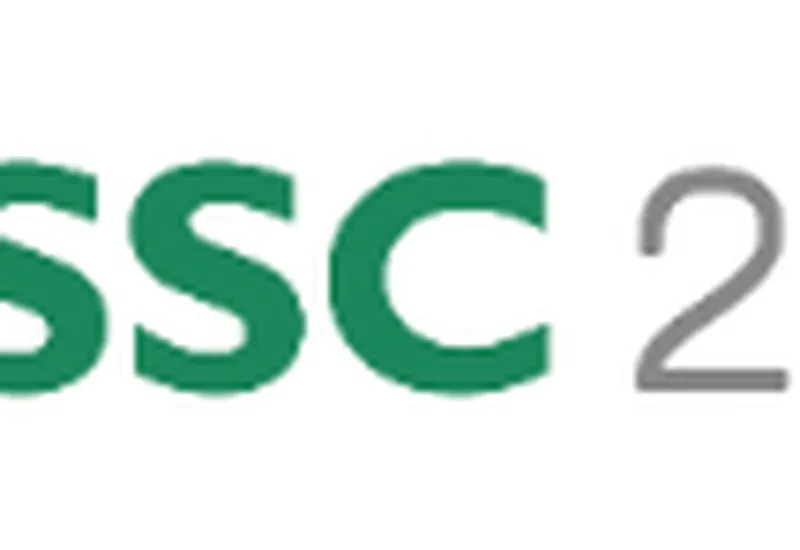
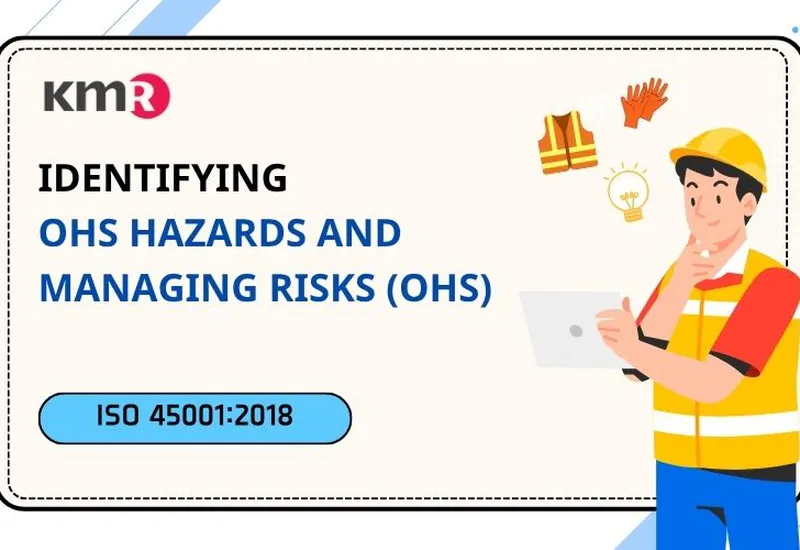
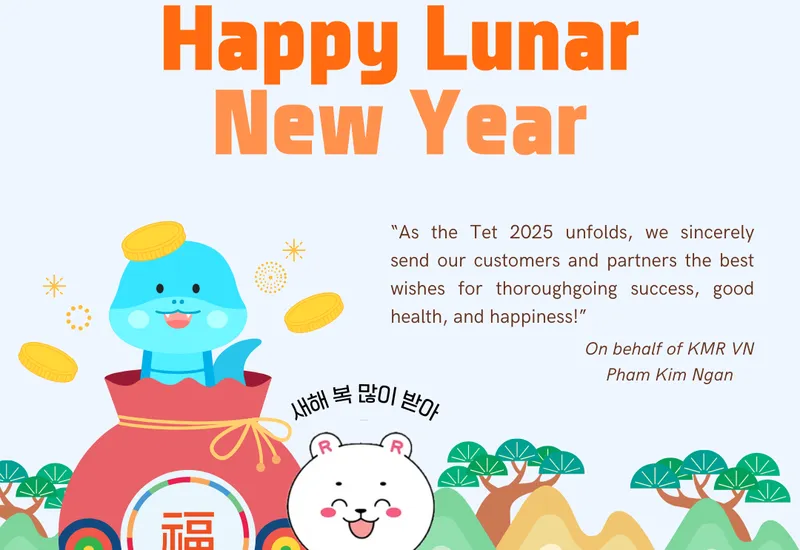
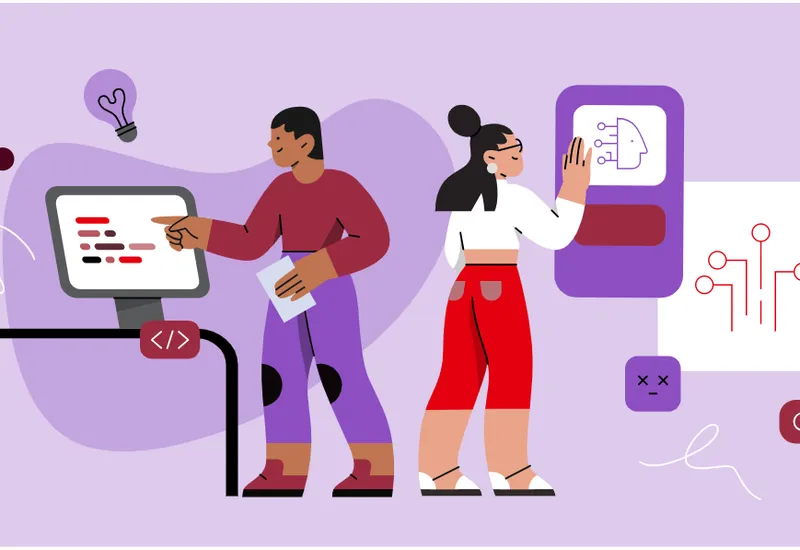
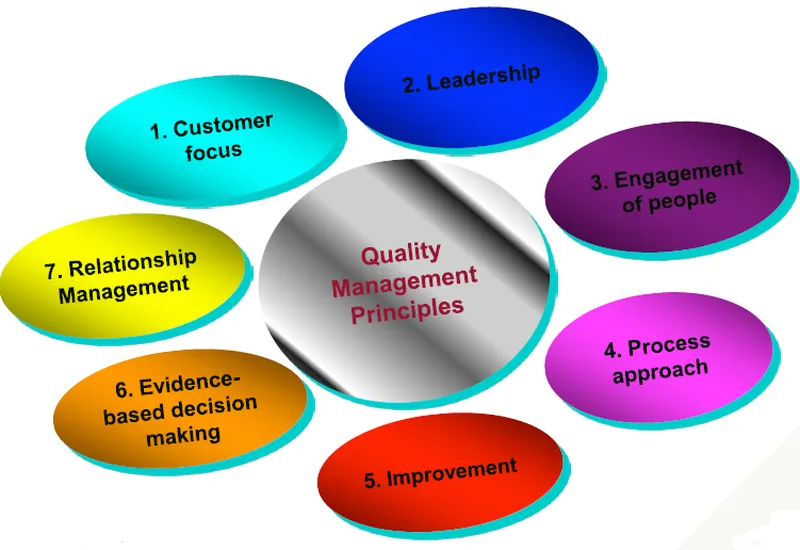

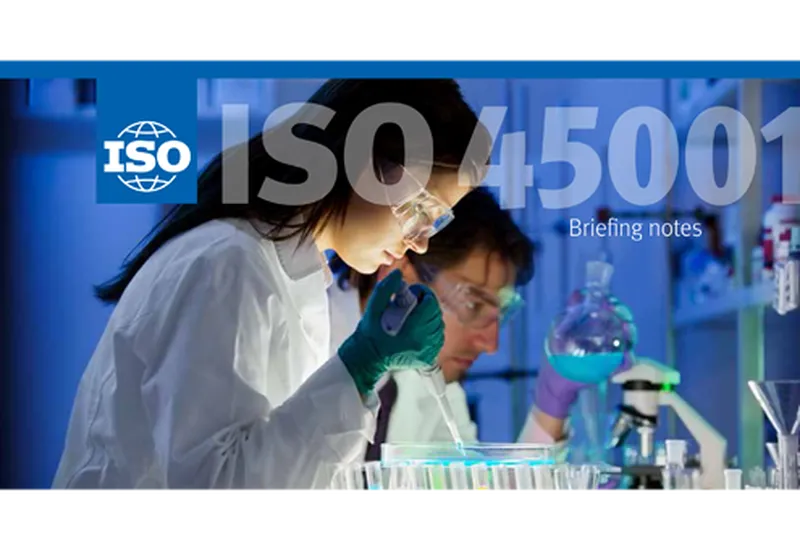

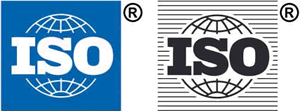


main.comment_read_more